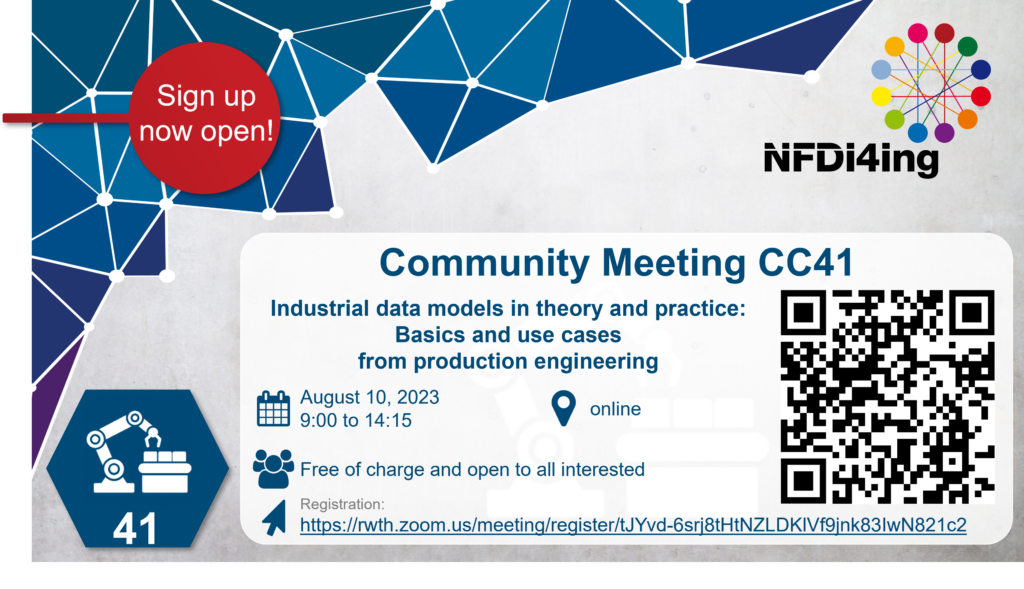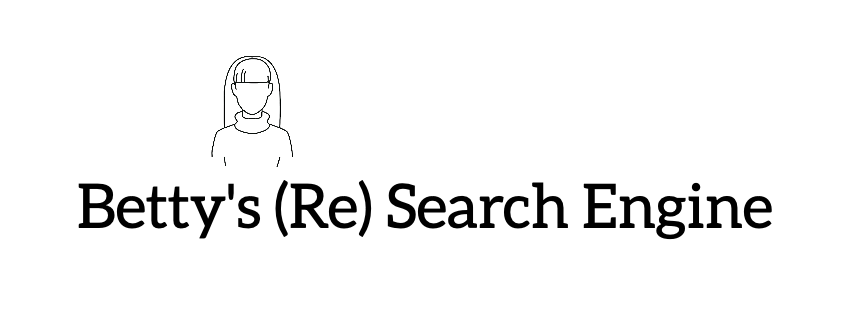nEWS Archive
Archive
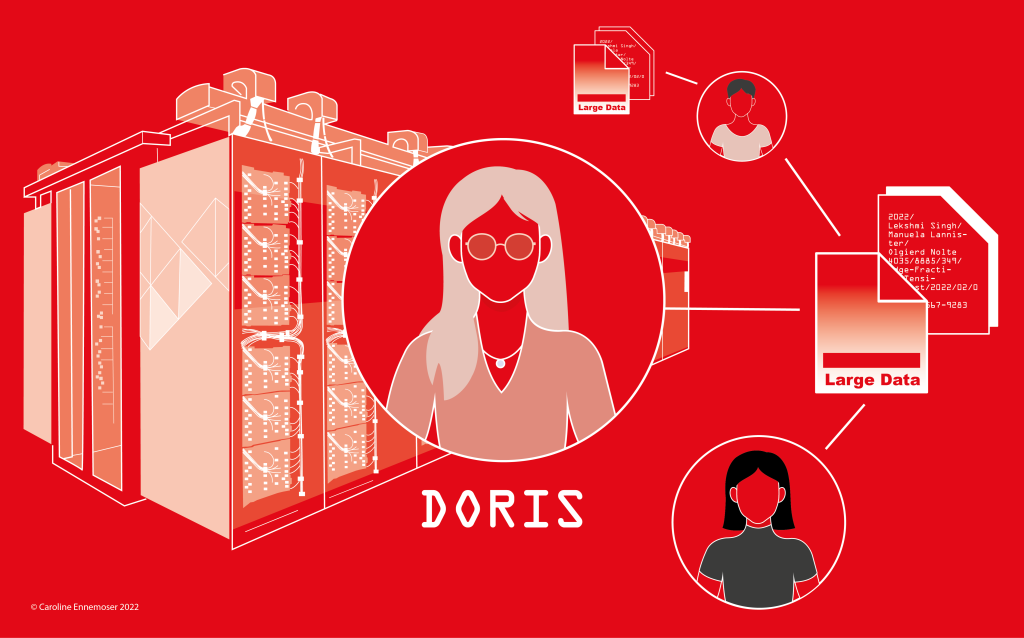
The NFDI4Ing task area Doris designs transferable research data management concepts and tools for data from high-performance measurement and computation (HPMC).
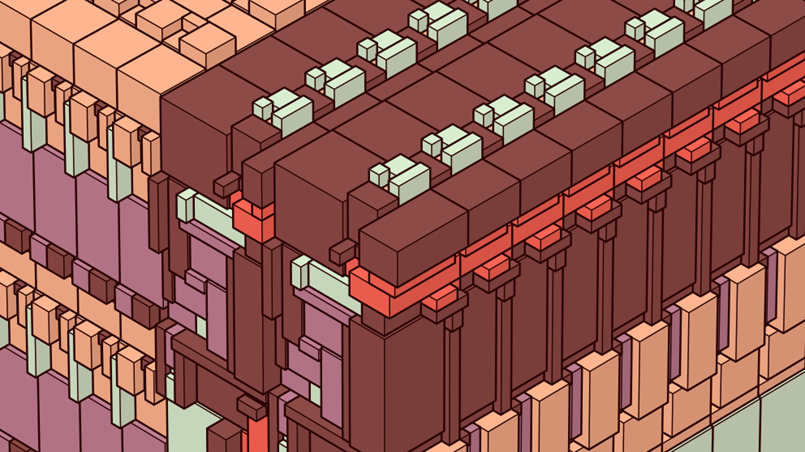
Discover ing.grid, the journal for FAIR data management in engineering sciences.
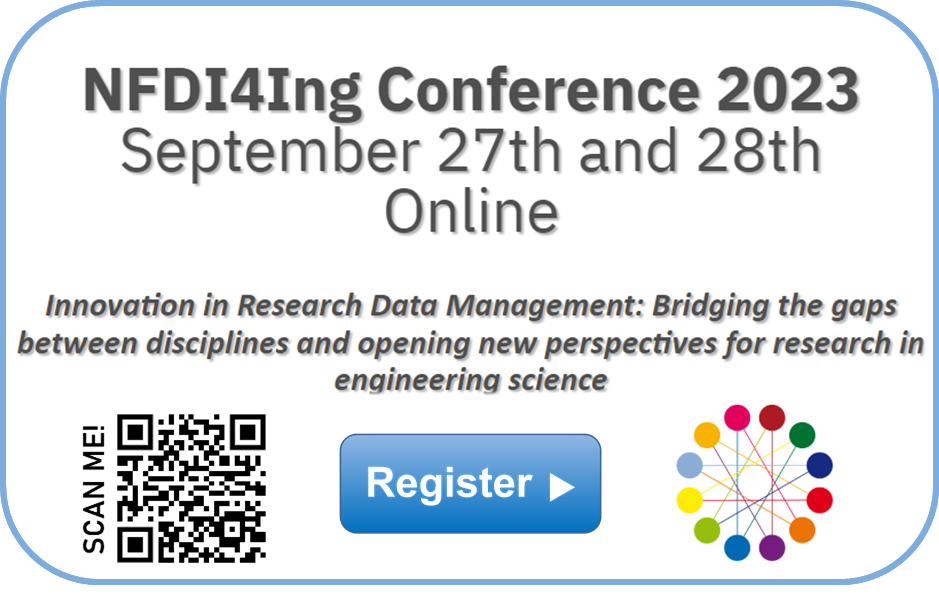
We cordially invite you to this year's NFDI4Ing Conference 2023 on 27th and 28th September 2023!
We’re excited to introduce SOFIRpy, a Python package that lets you co-simulate functional mock-up units (FMUs) with custom models.
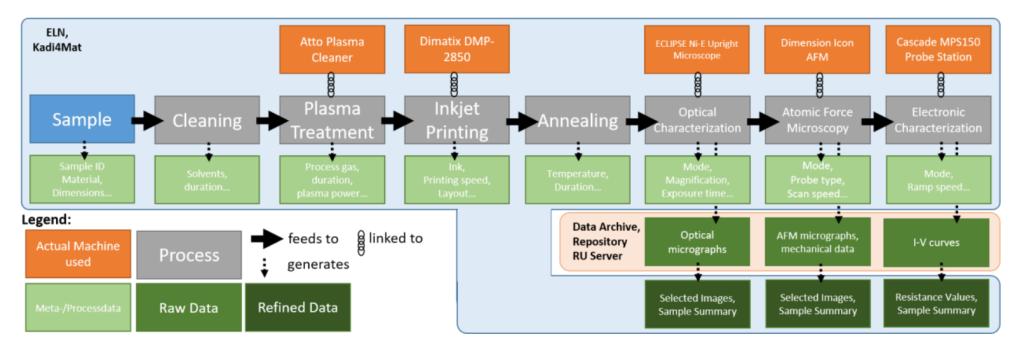
While experimental data and methods are commonly reported as “best outcome" figure of merits, the systematic process parameters (while being crucial for achieved outcome, in particular in combination and chains of different process steps) are often neglected or buried in

